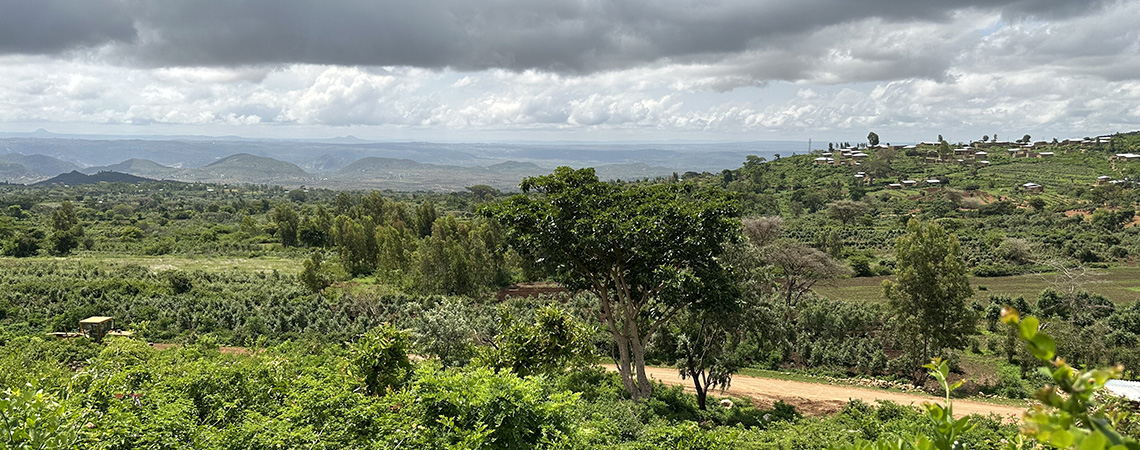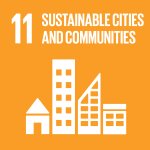
Photo:
The Systematic Observations Financing Facility (SOFF) is a global initiative aimed at strengthening climate adaptation and resilient development through data collection, processing and availability that will int turn improve weather forecasts, early warning systems and climate information services.
The Ethiopian Meteorology Institute has a responsibility to fulfil weather and climate data collection and exchange to global community as per agreements under the World Meteorological Organization (WMO).
According to a WMO resolution on Global Basic Observation Network (GBON), Ethiopia is required to run 29 GBON surface weather stations and 5 upper air stations and report data consistently with a time interval of hourly for surface stations and twice daily for upper air stations. Currently, Ethiopia reports only 16 GBON manual surface weather stations with only five observations in three hours intervals during the daytime. Ethiopia does not have active upper air observation and reporting. This affects the quality of climate forecasting models at global, regional and national levels, and the quality of early warning services at all levels.
With a total budget of US$9,908,957, this project (June 2024-May 2029) will provide finance and technical assistance to Ethiopia to improve its observational network, data collection, and processing and sharing to the global community. In doing so, the quality and accuracy of data as well as weather and climate forecasts will improve, in turn enhancing climate change adaptation in Ethiopia. It will also contribute to improving the quality of global and regional weather and climate modelling.
The project will enable EMI upgrade existing 16 surface and two upper air stations and also install additional new 13 surface and three upper air weather stations, as well as build human and ICT capability to enable Ethiopia fulfil the requirement under WMO-GBON.
In line with the SOFF programming approach, the Norway Meteorological Institute is the project’s peer advisor and UNDP the Implementing Entity.
- National
- Regional
- Global
- National Governments
- United Nations Development Programme (UNDP)
- Ethiopian Meteorology Institute
- United Nations Development Programme (UNDP)
- Systematic Observations Financing Facility (SOFF)
- Norwegian Meteorological Institute
- Image

- Image

Benjamin Larroquette, Global Advisor Early Warning Systems and Regional Technical Specialist, UNDP benjamin.larroquette@undp.org

